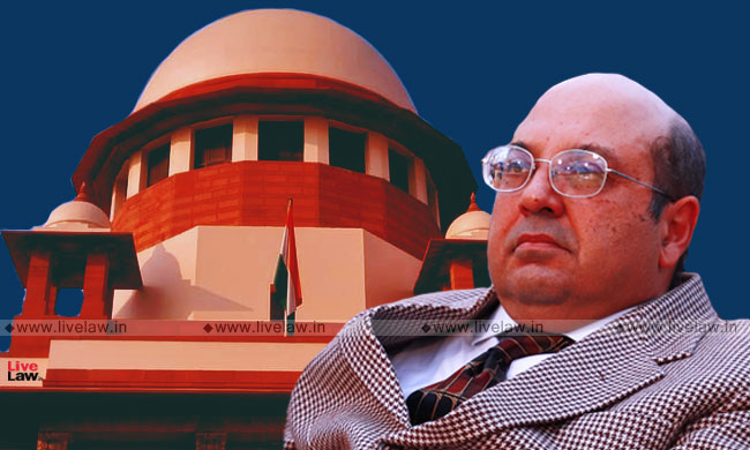Justice Nariman's Revival Of Doctrine Of "Manifest Arbitrariness" To Strike Down Legislation
Ashok Kini
30 Nov 2019 6:12 PM IST

Next Story
30 Nov 2019 6:12 PM IST
Manifest Arbitrariness in a legislation is a ground for a Constitutional Court to strike it down as violative of Article 14 of the Constitution of India. The test to determine "manifest arbitrariness" is to decide whether the enactment is drastically unreasonable and / or capricious, irrational or without adequate determining principle.The latest example of a legislative provision being...
